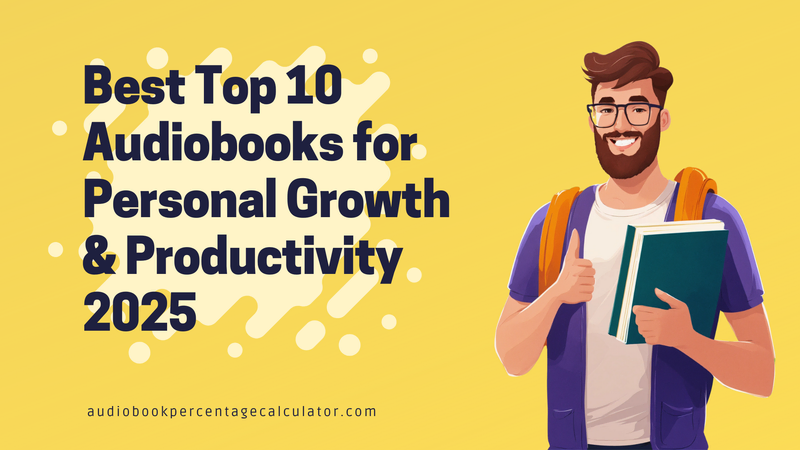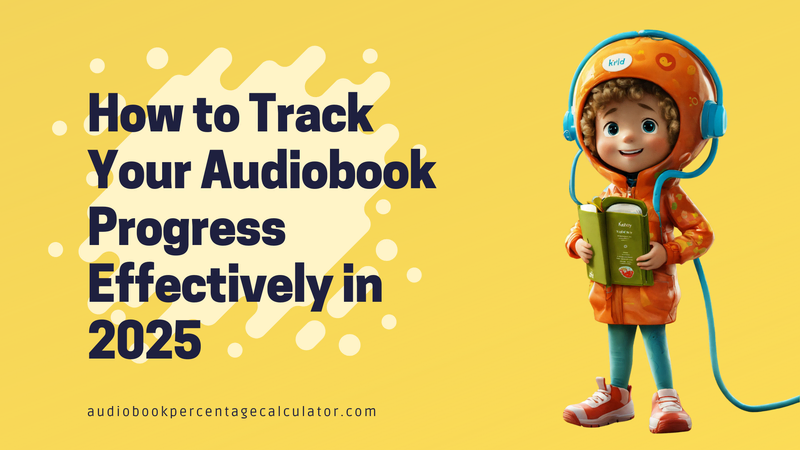Reading is awesome, right? Whether you’re into self-help, thrillers, or fantasy, books open up new worlds. But here’s a big question in 2025: Should you listen to an audiobook or read an e-book if you want to remember what you’ve learned? Both are super popular—e-books on your Kindle, audiobooks on your commute—but which one sticks in your brain better?
Let’s break it down. We’ll look at how audiobooks and e-books work, what science says about retention, and how you can make the most of either one. Plus, we’ll toss in some real-life tips to help you decide. Ready? Let’s dive in!

Audiobooks: Listening Your Way to Knowledge
Audiobooks are everywhere these days. Apps like Audible and Spotify make it easy to listen while you’re driving, cooking, or hitting the gym. But do they help you retain information?
How Audiobooks Work for Your Brain
When you listen, your brain processes the story or facts through sound. It’s like having a friend read to you—cozy and hands-free. Studies (like one from 2023 by the Audio Publishers Association) show audiobooks can be great for:
Multitasking: You absorb info while doing other stuff.
Imagination: Voices and sound effects make scenes vivid.
But here’s the catch: if you’re distracted—like scrolling your phone while listening—you might miss key points. Retention depends on focus.
Who Loves Audiobooks?
Busy folks who want to “read” on the go.
People who enjoy storytelling with narration (think celebrity voices!).
E-Books: Reading at Your Own Pace
E-books on your Kindle or phone are the digital version of flipping pages. They’ve been a hit since e-readers took off, but do they win for retention?
How E-Books Help You Remember
Reading an e-book is active—you control the speed, highlight lines, and re-read tricky bits. Research (like a 2022 study from the Journal of Cognitive Science) says this hands-on approach can boost memory because:
Visual Cues: Seeing words on a screen helps lock them in.
Focus: You’re less likely to zone out compared to listening.
The downside? Staring at a screen too long can tire your eyes, and distractions (like notifications) can pull you away.
Who Picks E-Books?
Note-takers who love highlighting.
Readers who want to go slow and soak it all in.
What Does Science Say About Retention?
So, which one’s the champ for remembering stuff? Let’s look at the facts.
Audiobooks: A 2024 study from the University of Sussex found listening can match reading for retention—if you’re paying attention. The key? Engaging narration and no multitasking. People remembered 78% of a story’s details when focused versus 62% when distracted.
E-Books: That same study showed reading edges out slightly—83% retention—because you can pause, reflect, and revisit. Visual learners especially shine here.
The winner? It’s a tie, sort of. It depends on how you use them. Audiobooks rock for auditory learners; e-books rule for visual ones. Your habits matter more than the format.
Real-Life Test: Audiobook vs. E-Book Retention
Let’s make this fun. Imagine you’re tackling Atomic Habits by James Clear (a fave in 2025!). Here’s how it might go:
Audiobook: You listen during your commute. The narrator’s energy keeps you hooked, but a loud truck drowns out a tip about “habit stacking.” You recall 7 out of 10 big ideas later.
E-book: You read at night, underlining that “habit stacking” bit. Your eyes get tired after 30 minutes, but you nail 8 out of 10 ideas in a quiz.
Both get you close, but the e-book gives you an edge—unless you’re laser-focused on the audiobook. Try it yourself and see!
Tips to Boost Retention (No Matter Which You Pick)
Want to remember more? Here’s how to hack both formats.
For Audiobooks
Stay Focused: Skip multitasking—listen when you can really tune in.
Track Progress: Use our Audiobook Percentage Calculator to see how far you’ve come. Knowing you’re 60% done can keep you motivated!
Replay Key Parts: Rewind 30 seconds if you miss something big.
For E-Books
Highlight Smart: Mark 2-3 key points per chapter, not everything.
Take Breaks: Rest your eyes every 20 minutes to stay sharp.
Summarize: Jot down a quick note after each session.
FAQs About Audiobooks vs. E-Books
**Do audiobooks count as reading?**
Yep! You’re still taking in the content—just through your ears instead of your eyes. Retention’s what matters, not the method.
**Are e-books better for studying?**
For heavy note-taking or complex topics (like textbooks), e-books win. You can search, highlight, and review faster.
**Can audiobooks help with long books?**
Totally! They’re perfect for chunky novels or nonfiction. Use a tool like our calculator to break it into manageable chunks.
**Which is faster—listening or reading?**
Depends on you. My average reading speed is 200-250 words per minute; audiobooks run at 130-150 unless you speed them up (try 1.5x!).
**What if I’m a visual learner?**
E-books might suit you more. Seeing the text can help your brain connect the dots better than hearing it.
So, Which One’s for You?
Here’s the deal: audiobooks and e-books both help you retain info, but it’s about what fits you. Love multitasking and a good narrator? Go for audiobooks and track your progress with our Audiobook Percentage Calculator to stay on top. Prefer highlighting and pausing to think? E-books are your jam.
Why not try both? Start with an audiobook for your next commute, then switch to an e-book for cozy nights in. Test what sticks—your brain will thank you.

